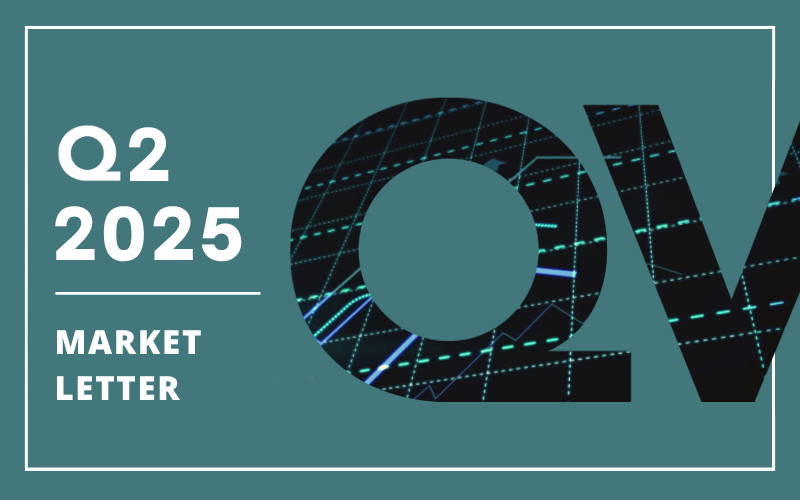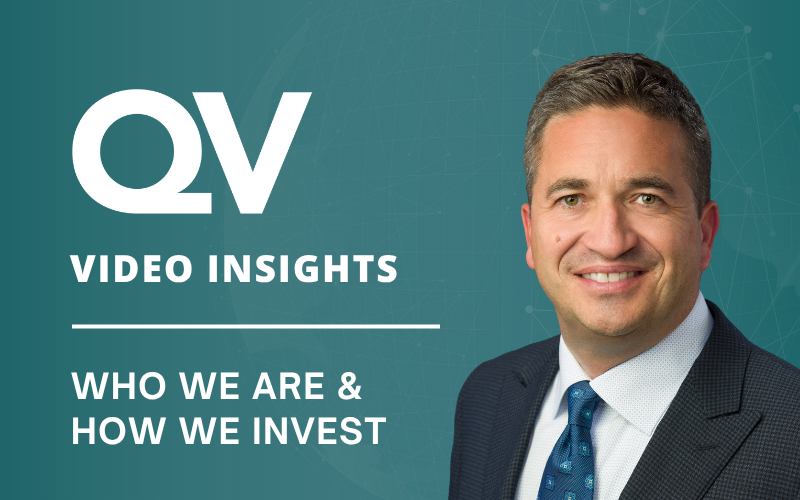Clients have been asking us how we feel about investing in China, especially after the market impact of Russia’s invasion of Ukraine. While QV had no direct investments in Russia, and still does not, the QV Global Equity Strategy currently has a small weight in China. The opportunity and risks that we see in China are discussed below.
DEMOGRAPHICS
In 1978, Deng Xiaoping led China into a new world of economic modernization, paving the way to rapid economic growth and prosperity for hundreds of millions of people. At the time, China had favourable demographics with a large population of young workers, high fertility rates, and a low old-age dependency ratio. Today, China’s population is 1.4 billion but will soon start shrinking due to a collapse in fertility rates following the one-child policy implemented in 1980. Family sizes also tend to decline as a society becomes wealthier and children costlier to raise.
Reduced fertility and an aging population mean there will be fewer workers to support a growing number of retirees. China has so far been able to offset its declining labour supply with higher productivity from a more educated workforce and increasing automation. But as the population continues to age, the headwinds to economic growth may be harder to offset.
POLITICAL RISKS
China endured a turbulent period under Mao Zedong with some successes but also catastrophic failures. Mao’s Great Leap Forward in 1958 was intended to rapidly grow China’s economy by increasing agricultural and industrial output. However, untested (and invalid) farming techniques were introduced, causing China’s grain output to decline. Officials falsified crop reports to avoid being punished. Seeing massive grain production on paper, Mao ordered non-existent surpluses to be exported, resulting in critical domestic food shortages. Tragically, up to 50 million rural peasants starved to death in one of the worst man-made famines in history. The Great Chinese Famine exemplifies the dangers of concentrating too much power in one individual who people wish to please out of fear of reprisal.
Two-term limits were introduced in 1982 to prevent the rise of another autocrat like Mao. But China’s constitution was again amended in 2018 to eliminate term limits, paving the way for the current president, Xi Jinping, to potentially become “president-for-life”. As expected, Xi secured a third term in October with more likely to come. Like Mao and Putin, Xi has aggregated power by appointing officials loyal to him and his philosophy. Healthy governance systems, on the other hand, encourage debate and criticism. Investors should contemplate the possibility that China becomes more vulnerable to policy errors arising from bad governance. For example, China’s strict Covid-19 lockdowns have caused significant economic harm and have led to widespread protests. In contrast, the decision by Western countries to immunize their citizens with effective vaccines has facilitated a quicker return to mobility.
There is growing tension between the United States and China that has manifested in escalating trade tariffs, and more recently, efforts to slow China’s growth ambitions in technology. New policies announced in October will prevent any U.S. resident or citizen from sending China advanced computing chips, chip manufacturing equipment, or associated intellectual knowledge. It is not yet clear what China’s response will be to these sanctions.
The U.S. also announced plans to incentivize onshoring of semiconductor manufacturing through its CHIPS and Science Act that provides $280 billion in incentives to companies that set up domestic semiconductor factories and research facilities. We recently purchased Micron Technology, a U.S. producer of memory chips. Micron plans to build the largest semiconductor fabrication facility in the U.S. and will likely benefit from incentives in the CHIPS Act.
In contrast, Taiwan Semiconductor Manufacturing Company (TSMC) is an investment for which political risk was assessed to be relatively high. TSMC has an excellent franchise as the world’s largest dedicated contract chip manufacturer. However, the current valuation of TSMC is difficult to justify given the heightened political risk associated with China’s territorial claim against Taiwan.
OUR INVESTMENTS IN CHINA
Our cautious view on China meant we had limited exposure to China going into a tough year for Chinese stocks. At present time, less than 2% of our QV Global Equity Strategy is invested in Chinese businesses. But as the saying goes, every investment is good at one price and bad at another, and right now there are numerous high-quality businesses in China that trade at deeply discounted prices. As conditions evolve, so too will our cautious assessment of risk and opportunity to investing in China.




